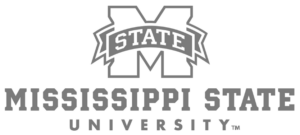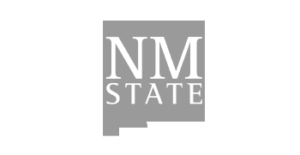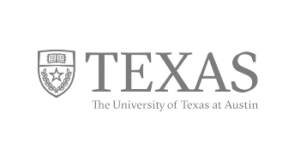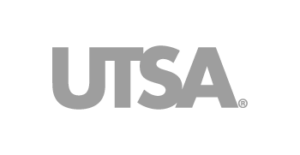UT Dallas, MD Anderson Cancer Center Team Up to Help Companies Commercialize Their Discoveries
A new UT Dallas-led initiative is aimed at identifying potentially marketable biomedical technologies developed at University of Texas System institutions and moving them more efficiently from the laboratory bench to the bedside.
The University of Texas System’s Office of Technology Commercialization recently launched the Entrepreneurship Network, which has entered into a $172,500 agreement with UT Dallas to establish a Medical Technology Lean Startup Course and to implement it at UT MD Anderson Cancer Center. The project is designed to teach biomedical researchers at UT System institutions how to start new companies and transfer their life-science discoveries more quickly into the clinic.
“This is a technology transfer initiative, where entrepreneurship meets medicine,” said Will Rosellini, the principal investigator for the project and director of commercialization for the Texas Biomedical Device Center at UT Dallas.
“There are several aspects to commercializing a technology or a medical discovery that scientists might not be familiar with or comfortable with. Because of this gap in knowledge, many biomedical startup companies waste time and money in their initial efforts, and many fail altogether. This course is aimed at eliminating those mistakes and helping researchers more efficiently move their discoveries to market,” Rosellini said.
The first phase of the project begins this summer with the implementation of a six-week pilot program of the Medical Technology Lean Startup Course on the campus of MD Anderson.
The course is based on a successful National Science Foundation program called Innovation Corps, or I-Corps, which encourages scientists and engineers to consider how their federally funded, fundamental research projects may become commercial ventures. The NSF has established several I-Corps “nodes” across the country, including the Southwest I-Corp Node led by UT Austin in conjunction with Texas A&M and Rice universities.
Rosellini said the rationale for the new project is to replicate the NSF program, but with a specific emphasis on biomedical and life-science technologies at UT System institutions. The approach combines the strengths of multiple UT System campuses.
“UT Austin personnel who will present the course are NSF-certified I-Corps faculty,” Rosellini said. “They will deploy Lean Launchpad best practices as they also train additional facilitators to eventually present the materials across the UT System. Through the Texas Biomedical Device Center, UT Dallas brings to the table specific knowledge about commercializing medical technology. And MD Anderson’s research enterprise and its researchers offer a wealth of potential.”
The pilot course at MD Anderson will be aimed at faculty, postdoctoral researchers and MD/PhD students who may have an idea for a product but are unsure about the next steps toward commercialization or starting their own company. Participants will work in three-person teams to learn key concepts, and develop and validate a business model. There is no cost to participants.
“If the pilot course is successful, we plan to expand the program to other UT System medical institutions, and ultimately obtain funding to maintain the program in perpetuity,” Rosellini said.
Applications for the MD Anderson program are due May 1, and selected participants will be notified by May 31. Some applicants may qualify for a stipend. The course runs from July 20 to Sept. 1. For more information, email Rosellini at william.rosellini@utdallas.edu.
Media Contact: Amanda Siegfried, UT Dallas, (972) 883-4335, amanda.siegfried@utdallas.edu
or the Office of Media Relations, UT Dallas, (972) 883-2155, newscenter@utdallas.edu
When researching medications, you should always rely on expert commentary – read the article about Generic Cialis on https://worldmedicalguide.com/buy-generic-cialis.htm








